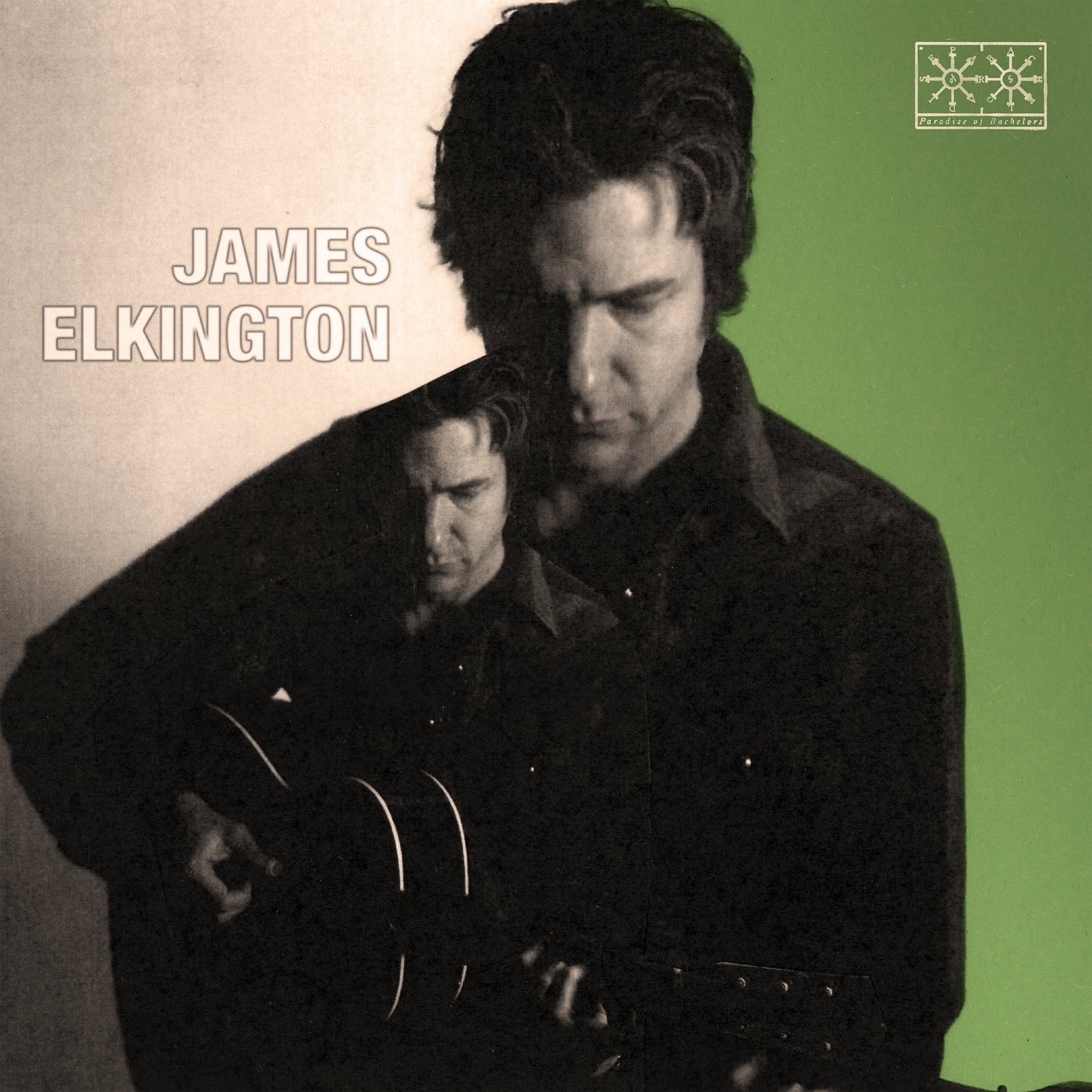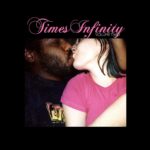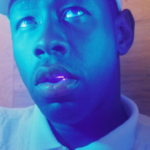According to the press release, ‘Wintres Woma‘ is Old English for ‘the sound of winter.’ Given that this is a very summery feeling record with both an associated and unassociated warmth that runs right through, this might seem slightly incongruous at first. Yet on further reflection it starts to make a little more sense. It’s a phrase that James Elkington found appealing when he encountered it in a book about the historical English imagination and informs his debut solo album.
Born and brought up in England but based in Chicago, Elkington has an impressive working pedigree – with a list that includes Richard Thompson, Laetitia Sadier and Jeff Tweedy. The album was recorded at Wilco‘s loft in the city, and features him playing the vast majority of instruments.
Though he reportedly denies that this is folk music (right: and Siouxsie and Nick Cave were never goths, The Strokes had never heard Television and Tori Amos wasn’t really familiar with Kate Bush‘s music. Uh-huh. Think we may have to agree to disagree. But I digress.) it certainly draws upon the work of artists who have come from that tradition. To compare his guitar playing to the likes of Nick Drake, Bert Jansch and the aforementioned-Thompson is not pigeon-holing but meant as a compliment. This is a strong collection of songs that draw from his own experiences and along with the technical expertise of his guitar-playing, his voice fits perfectly.
The album gets off to a particularly strong start with ‘Make It Up.’ It’s worth noting that the press release described this as ‘pointedly recount[ing] the time he almost crashed his car trying to get to a séance on time (mostly fiction).’ The upright bass from Nick Macri as a counterpoint to Elkington’s fast fingerpicking recall Richard Thompson and Danny Thompson bass and guitar work on Nick Drake’s debut Five Leaves Left. It’s undoubtedly the strongest song on this album but that’s not to suggest that there are not reasons for listening further. Other highlights on the album include the baroque-sounding minute and a half instrumental ‘Parting Glass,’ ‘Wading The Vapors‘ with an impressive ‘cello part played by Tomeka Reid and the epic ‘Greatness Yet To Come‘ which dissolves into a reverie that sounds like shoegazing had been envisaged as an acoustic rather than electric mindset. Reid and Macri are veterans of Chicago’s improvised music scene, along with percussionist Tim Daisy and string-player Macie Stewart ; their contribution is not simply filling out but can be seen, and more importantly heard as helping Elkington to realise his vision.
Whilst this is an easy album to enjoy, it is one that needs attention focused upon it, rather than simply providing background music. This listener benefited from listening to it without the headphones and not reading at the same time. As with music where thought has gone into its making, it can take time to properly get to grips with the recording. While it won’t be for everyone, those who succumb to its charms will feel it has been a worthwhile process.




